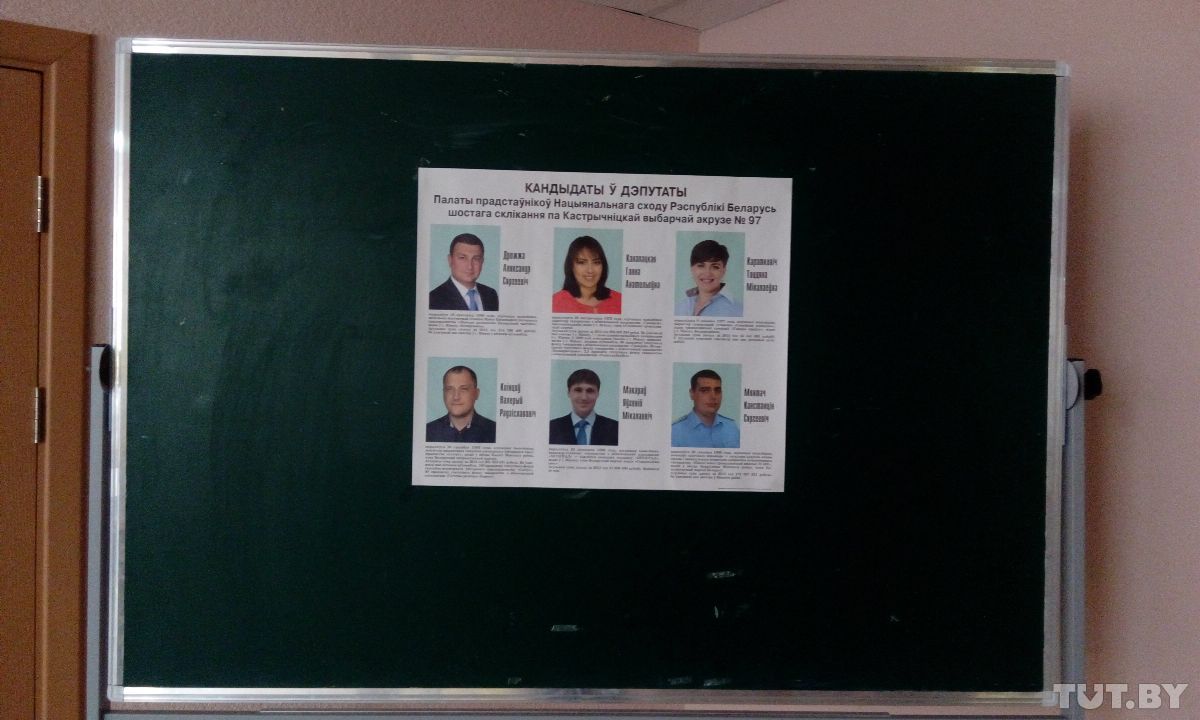The competition in the parliamentary elections has increased significantly
 The situation has not changed
The situation has not changed

A record-high number of nomination documents, 703, have been accepted for consideration by the Central Election Commission in the ongoing election campaign.
In total, 824 sets of documents were submitted to the CEC, but the latter accepted only 703. In 2016, 765 sets of documents were submitted, 630 accepted and 521 candidates were registered. In 2012, 598 sets of documents were submitted, 494 accepted and 363 registered; in 2008 – 494/365/250. In other words, with each campaign, candidates are growing in number, as well as the competition per district.
The numbers are growing due to a greater interest among loyal possible candidates, including officials, and/or members of pro-state parties or quangos. Simultaneously, the share of opposition nominees is declining. In 2008, many constituencies remained uncontested (i.e. had only one candidate), and in most other constituencies, opposition representatives made up the alternative. In 2019, of 6–13 candidates 5–9 are loyalists. In other words, with each election campaign, the weight of the opposition’s participation in the elections has been decreasing and in 2019 the authorities are able to ensure the appearance of the competition independently.
Opposition nominees have been growing in number since 2008. In 2019, the opposition nominated 197 candidates or 230 with those candidates who collected signatures. For comparison, in 2008 they nominated 44, in 2012 – 92, and in 2016 – 120 candidates. The same is true for pro-government parties: in 2012 – 32 (without the LDPB), in 2016 – 83, and in 2019 – 120.
The election activity was high in 2000 and 2004 when figures were comparable with the current ones, and elections often had two rounds. After that, the opposition attempted to boycott the elections, and some loyalists were banned from participating in the elections. In this regard, CEC head Yarmoshyna said, “to say, which the opposition often refers to, that we do not have a democracy, well, listen, with so many applications by people who really go into politics and want to be politicians, is just ridiculous”. However, the exclusion of the opposition from election commissions, restrictions on the rights of observers, and the reduced media coverage of elections indicate that competition has returned without a democracy.
Subscribe to our newsletter




Situation in Belarus
Constitutional referendum: main consequences


 Video
Video
How to count the political prisoners: are the new criteria needed?


 Video
Video
Paternalism In Decline, Belarusian Euroscepticism, And The Influence Of Russia


 Video
Video












